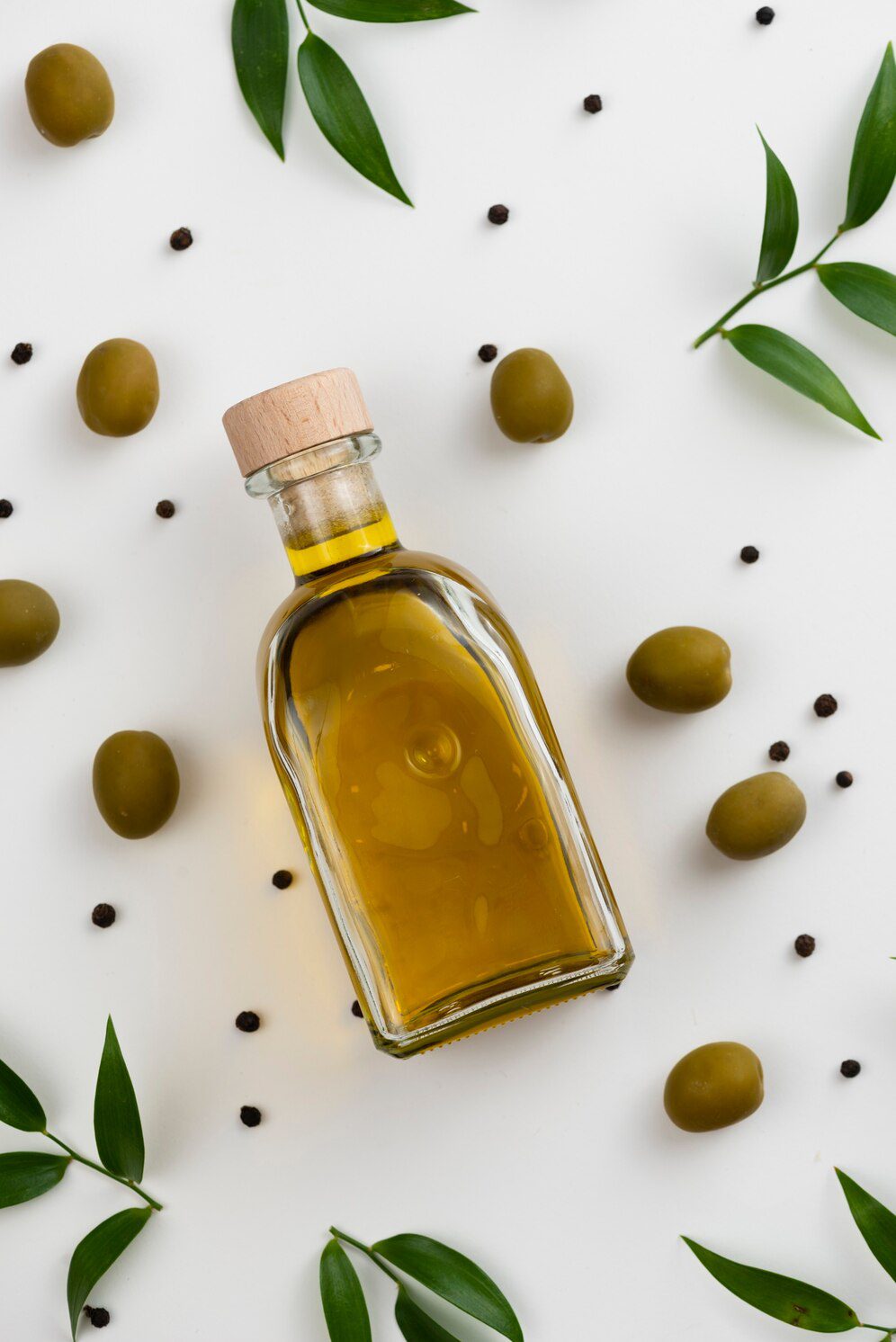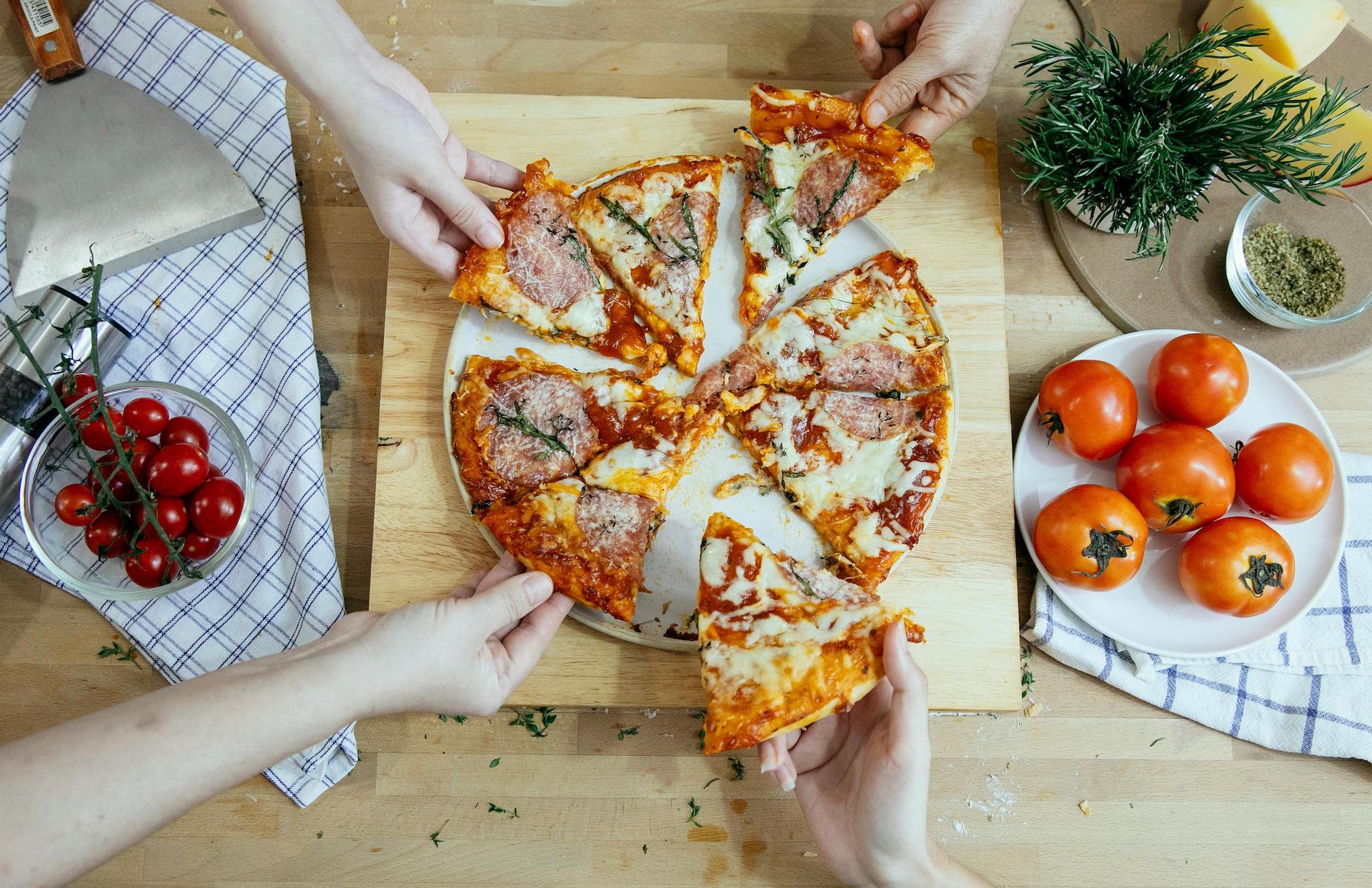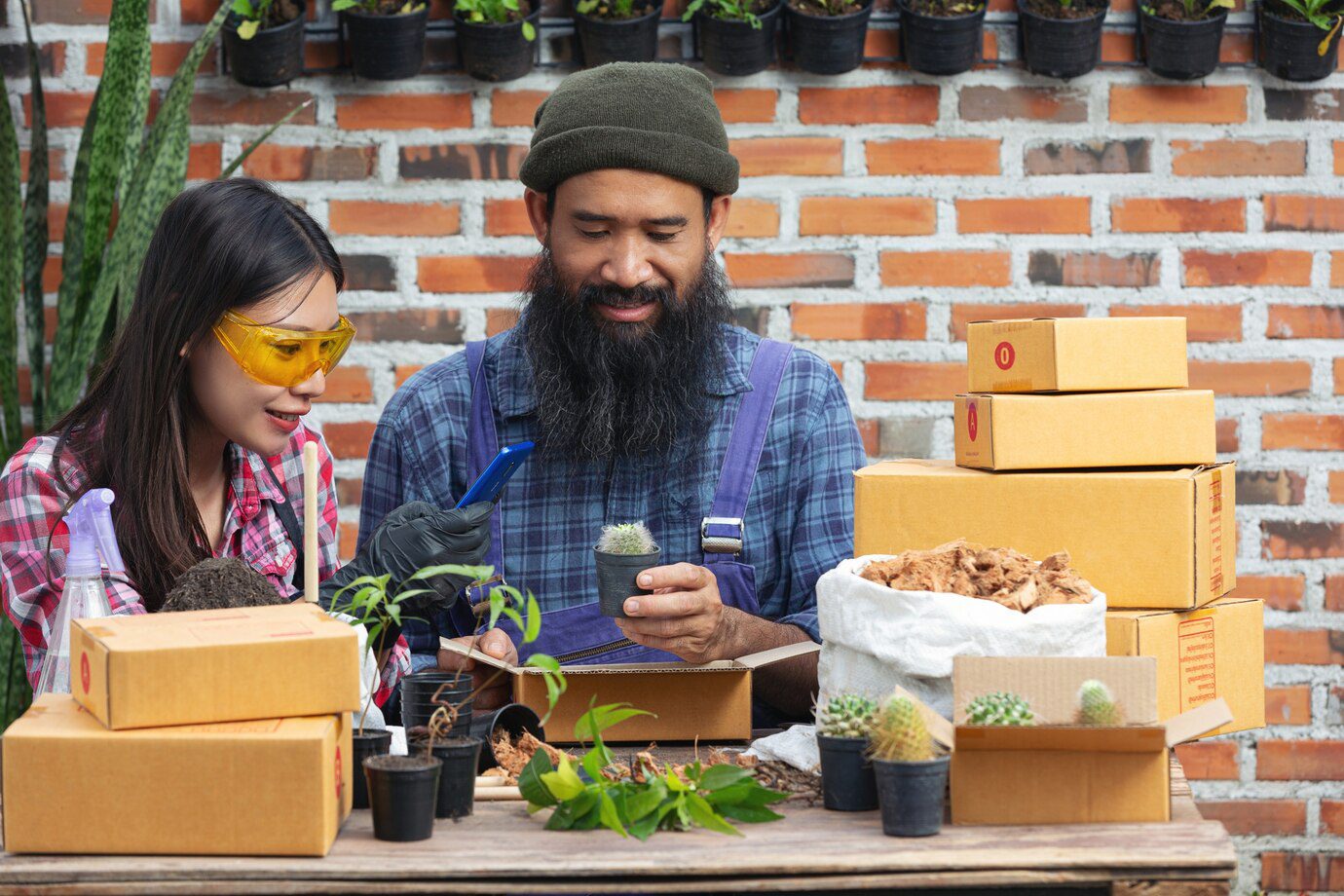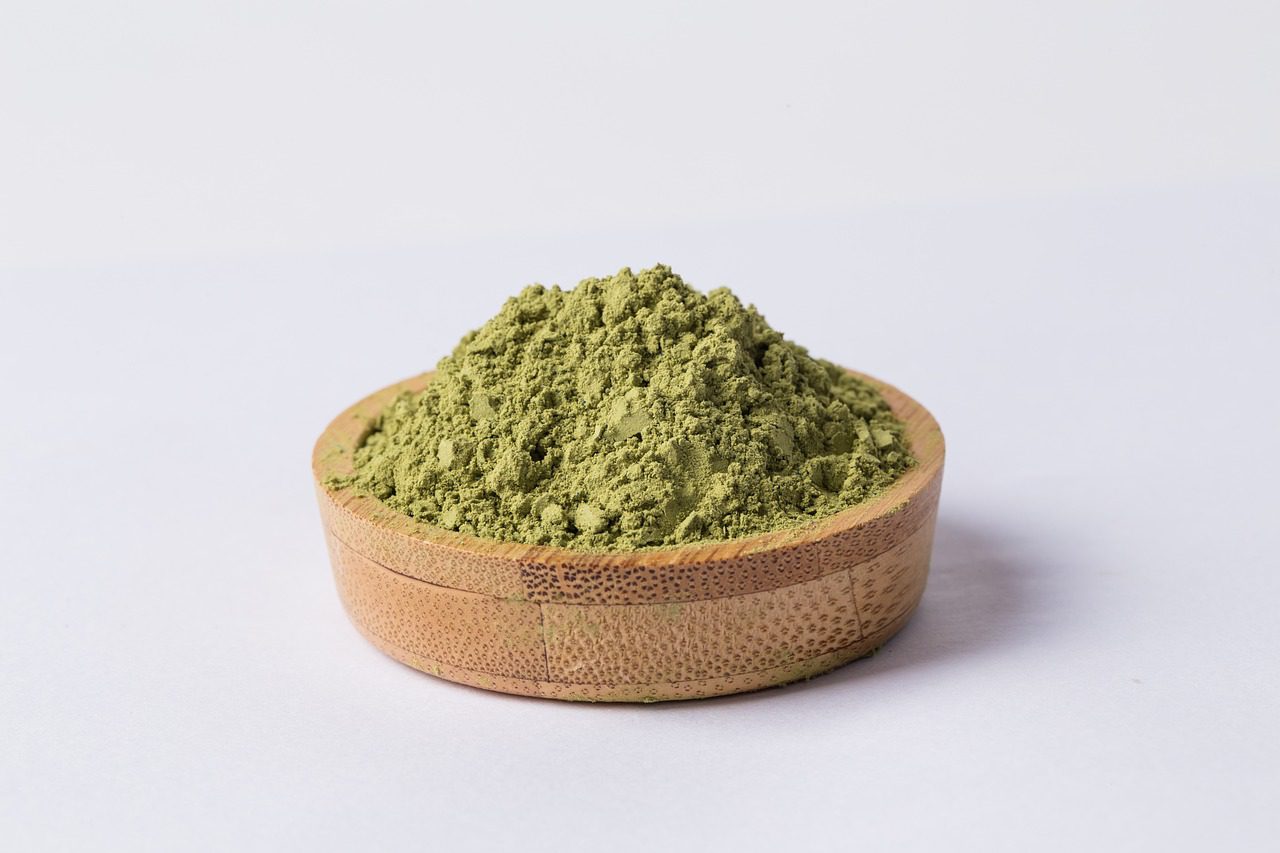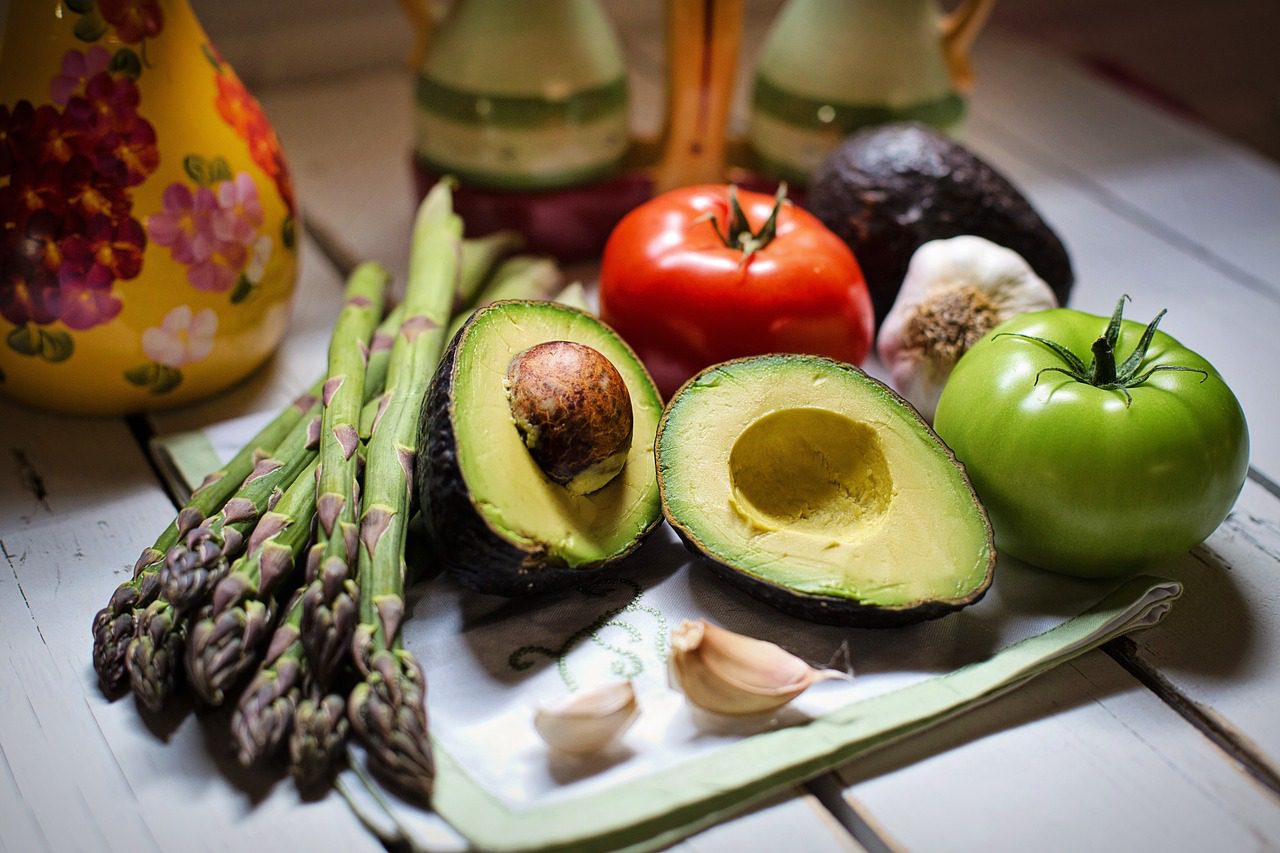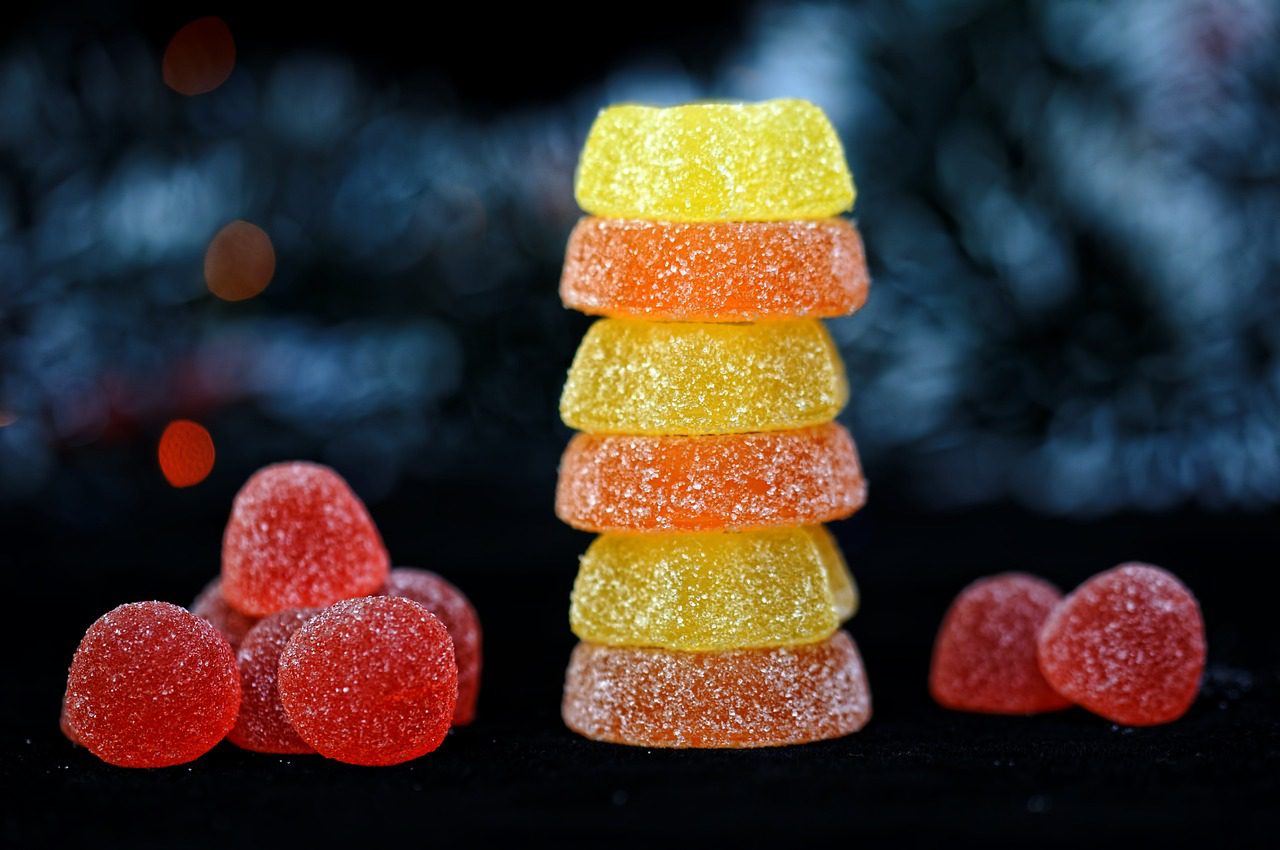Cooking: Is it a Talent or Something You Learn

Cooking is an important life skill that brings people together, feeds the body, and can even be used as an artistic outlet. But there is a common argument about what cooking is: is it a gift that people are born with, or is it a skill that anyone can learn with practice? This piece goes into this question in depth, looking at it from different points of view and showing how complicated it is to be a great cook.
Why cooking should be a learned skill
Many people on the other side of the argument say that anyone can learn how to cook with hard work and practice. This point of view is valid for the following reasons:
Education and Training
Cooking can be systematically taught and learned through formal education and hands-on training. Culinary schools, cooking classes, and online tutorials offer structured learning environments where aspiring cooks can acquire and hone their skills. Many students often combine these culinary courses with professional studies at a college or university. Balancing both can be challenging, leading students to seek additional support to manage their workload. At such moments, they might look for online help from professionals who can “write my essay online,” ensuring their academic papers are completed with quality and without plagiarism. This dual approach allows students to focus on developing their culinary skills while maintaining their academic performance, leading to well-rounded education and expertise in both fields.
Technical Skills: Learning how to do simple things like chop, sauté, and bake.
Recipe Following: Learning how to correctly follow recipes so that you always get the same results.
Food science: Knowing the science behind cooking helps fix problems and make foods taste better.

Getting better with practice
Cooking gets better with practice, just like any other skill. Cooking skills can be learned over time, even by people who have little or no experience. In this process, things like:
Experimenting means trying out new recipes and cooking methods to improve your skills.
Using failures as chances to learn new things and get better results is called “learning from mistakes.”
Making cooking at home a regular habit will help you gain confidence and skill.
The Point Where Talent and Learning Meet
People still argue about whether someone is talented or not, but it’s important to remember that food often requires both. Here’s where they meet:
Bringing out natural talents
Even people who are naturally good at cooking can improve their skills with training and practice. A naturally talented cook can reach new heights by learning new skills, knowing food science, and working as a chef.
Finding Talents That Are Hidden
Someone who doesn’t seem naturally good at cooking, on the other hand, may find that they are good at it after learning and practicing. The happiness and pleasure that come from cooking can motivate people to keep growing and improving.
The Case for Cooking Being a Skill
Some people think that cooking is a skill that you are either born with or not. Let’s look at why some people think this way:
Being creative and following your instincts
People who think that cooking is a skill often say that it comes from the natural instincts and creativity that some people have. These people can easily make tasty food because they have a natural sense of flavors, textures, and methods. This innate love of cooking can show up in:
Flavor pairing is the natural ability to put together items in ways that make flavors that go well together and are fun to eat.
Culinary innovation is the ability to try out new recipes and cooking methods, which often results in creative and tasty dishes.
Presentation skills include an eye for how to show food in a way that looks good, turning everyday meals into works of art.
Early Years of Growth
Some gifted cooks are interested in and good at cooking from a very young age. Some early signs of being good at cooking are:
Kids who are naturally curious like to hang out in the kitchen with their families and watch and learn from them.
Quick Learning: Picking up cooking skills and techniques very quickly and often being better at cooking than their peers.
Examples from real life
Let’s look at some real-life cases to show how talent and learning can work together in cooking:
Chefs working for pay
A lot of famous cooks, like Gordon Ramsay and Julia Child, say that they were good at what they did because they trained hard. They may have loved cooking from a young age, but they learned how to do it well through years of schooling and practice.
Self-Cooks
A lot of home cooks have become experts at what they love by teaching themselves and trying new things. Many people have learned to cook gourmet meals without going to culinary school because there are so many tools online. This shows that hard work and practice can lead to culinary excellence.
In conclusion
So, is cooking something you’re born with or something you learn? There is no clear answer. Some people are naturally good at cooking, while others may need to put in time and work to get better. In the end, the fun of cooking is in the creativity, experimentation, and pleasure it brings, whether you are naturally good at it or learn how to do it. Enjoy the process and keep in mind that anyone can become a good cook if they work hard and have the right attitude.
*This is a LN Guest Post

